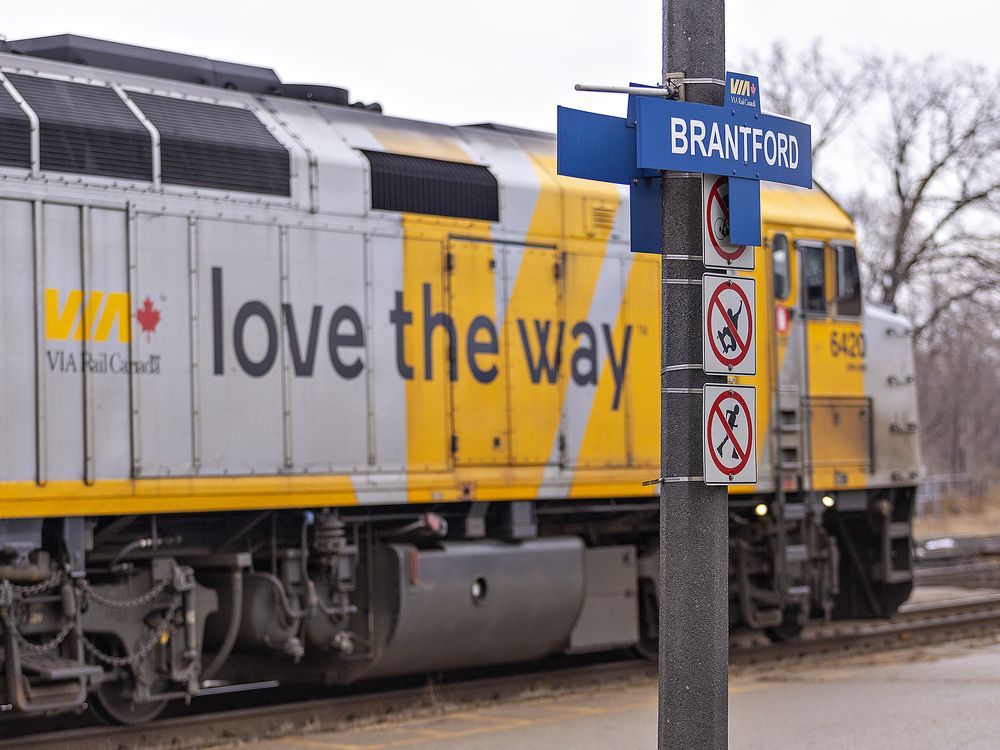Cars have always been an aspirational desire for almost anyone - NAM, SAM, EU, Asia, Africa. And yes, as the years have gone by our desires have translated into what we see on the roads today. And its not car companies making the choices (d.g. do I purchase a F250 Work truck model or an F450 Platinum...???Hmmmm choices, choices)
Cars and then very quickly, the earlies trucks, offered the buyer tremendous strides in individual choice and freedom, and that's what this continent is all about, the ability for one to make an individual choice (enshrined in Americana - the Great American Dream). And as with all of the technical advances throughout the course of the following century, the car has helped power greater individual freedoms, wealth and lifestyle.
The same lesson applies in agriculture as well, even dating to steam powered machinery (tractors), and ever more mechanical devices. At the lowest level of use, the individual farmer, it offered flexibility, capability, dependability and the promise of a better life. This still holds true, although with the newer generations of equipment, the complexity of the systems is reducing the farmers ability to repair and so the movement of the "Right to Repair" has become a political quest on behalf of farmer groups. (And some of us go to agricultural auctions to buy up older tractors for parts, for the relative simplicity of repair, and for the cost relative to purchasing a new unit).
I cannot consider the car/truck/tractor my enemy. But I recognize its drawbacks in certain settings (Urban Toronto for instance) and the ability of society to keep adding cars, cars, cars, and building roads, roads, roads. That is not a workable choice. So the onus on influencing choices going forwards falls to us, to private enterprise and to governments at all levels to provide the workable alternative choices. Fendt has introduced a working hydrogen powered tractor, and this is a really interesting project. I'm not certain we can ever refuel our four footed livestock on hydrogen, and that would be a real breakthrough!
Having said all of that, it should not be forgotten that bus makers, such as GMC, actively encouraged and conspired in the demise of existing street railways in favour of busses throughout the USA. Private enterprise strikes with ingenuity and even underhandedness in pursuit of business opportunities (and dividends!). Some things do not, will not change.





